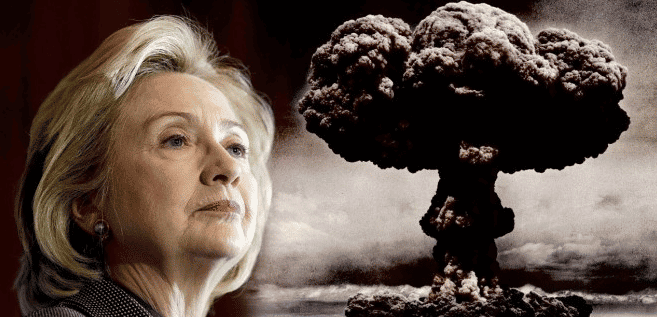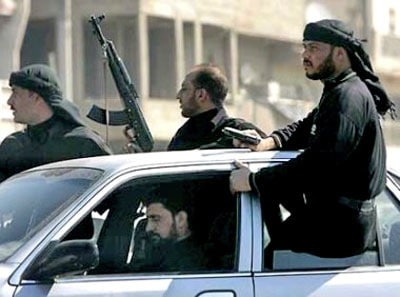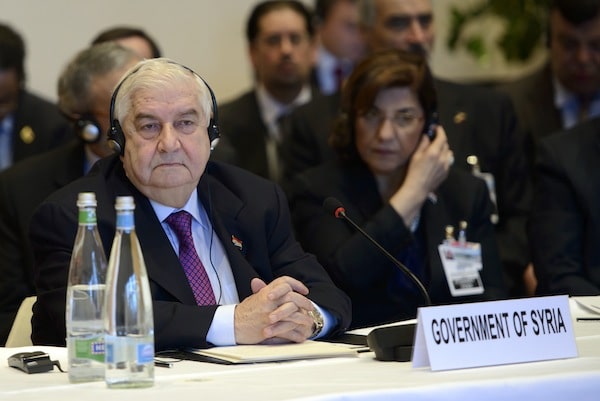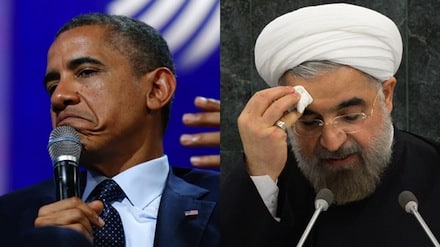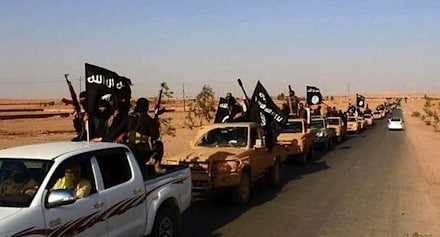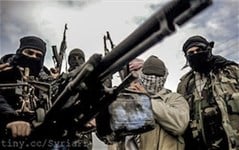“People don’t trust Hillary Clinton, and no one can agree on why,” begins a sympathetic piece on the Democratic Party presidential candidate in Fast Company last July. In a CNN poll that same month, only 30 percent of Americans believed Clinton to be “honest and...
